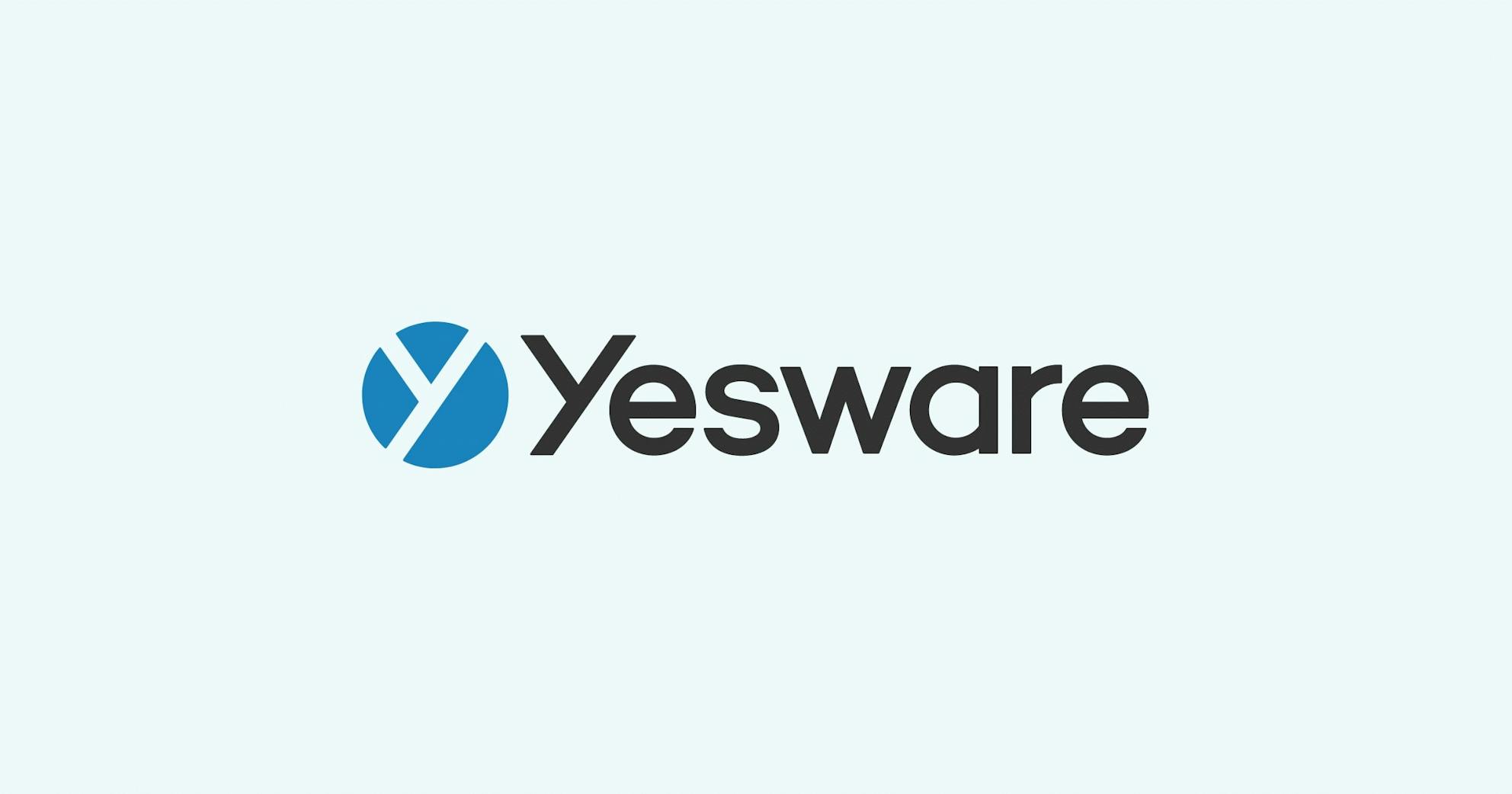The Case for Real Customer Service
By Nacie Carson, Contributor to Yesware
Visit almost any company’s website and you’ll find some variation of “We live service!” emblazoned across the top banner.
But what does service really mean in an age when so much, if not all, of the sales and service cycles occur online?
My Experience
As a B2B consumer, my experience has disappointingly been that service in the Internet age means almost nothing. It often can be boiled down to an email when you are about to go over the maximum space allotted for your storage space, an automated text message when your bill is due, or an ill-timed call from someone reading off a script trying to upsell you the newest feature.
Yet as we enter a new year, I would like to challenge businesses to think beyond current conventions and bring some good old-fashioned service, read: humanity, back to business.
I know how tempting it can be to automate and outsource service; it’s cost-effective, easy, and eliminates the need to really “deal” with people. But my desire to put this challenge out there isn’t just about a need for a better customer touch experience; it’s about providing differentiation in an increasingly competitive and oversaturated marketplace.
Since 2008, I’ve managed my own little business. Within that time, I’ve accessed a myriad of business services including cloud accounting, file storage, mailing and shipping supplies, and communication management. Yet over these four years, I have encountered only one or two businesses that really provided any notable added value when it came to their service department.
The best I have come to hope for is a “customer service” email that doesn’t spell my name wrong. The worst I’ve come to expect is the inability to chat with a live, English-speaking human to help stop the deduction of money from my account long after I’ve canceled my subscription.
If you think I’m just talking about Internet-based businesses, think again. The B2B service epidemic has hit even those who should excel in connecting with clients: consultants, design studios, and strategy firms.
Last year, as I was preparing my online brand for my book launch, I hired a small social media strategy firm to help spread the message and communicate with my audience. After the first payment and several “getting to know you calls,” the company went radio silent. Three weeks later I received a system-automated email to all their clients apologizing for the lack of communication and explaining that one of the partner’s fathers had died but they were getting back to work. The last communication I ever received from the firm came 12 weeks after payment in the form of a scathing response to my cancellation email that accused me of being “inconsiderate” and “heartless” for asking for a refund after I knew about the death. I never got my money back, and I never got any product.
An earlier experience with a Web designer hadn’t been any better. Even though he was the one to set the deadline—after demanding the money upfront—he demanded that I calm down, despite his being four weeks overdue on the project. “If you think you’re my only client you are sorely mistaken,” was his surly explanation.
In my desperation to find both a culprit and a reason for service gone awry, I began wondering if the Internet—and its low barriers to entry—is to blame. After all, if your customer is just a name on the screen does that give you more license to be flippant, nonresponsive, impersonal, or generic? Has the Internet made commodities of us all? Before I get too cynical, I also have to consider the following: the Internet is also the universal equalizer. News of bad service spreads virally now. A tweet here, a Facebook post there, a review on LinkedIn, and a post on Google Plus, and that company that provided you with horrible, or no, service can fade into the ether.
Online I also have my choice of hundreds or thousands of providers. I can select to be local, national, or international. I can verify the business’ veracity through my social network, my professional connections, or via the Better Business Bureau. I now have the resources—more so than ever before—to be picky and vocal about my experiences. So why aren’t firms paying more attention, and their own money, on providing real service to their customers? After all, study after study shows that it costs at least four times the amount to acquire a new client than to retain an existing one.
The savvy companies out there already get this and are acting accordingly. At Yesware, we insist on having an in-house service and customer support advocate whose sole focus is liaising between our clients and the team. We make sure that Andrew Hall, and the rest of our team talk to the person on the other end of the phone like they would talk to a friend or family member—with respect and humanity—they’re not just an anonymous voice.
As a B2B consumer, my hope is that this type of approach is the vanguard for a new, cost-effective, and evolved age of business service quality. Because if someone sends me another account email addressed to “Nancy,” “Macy,” “Marcy,” or “Nacho” again, I’m seriously going to lose it.
Nacie Carson is the author of The Finch Effect: The Five Strategies to Adapt and Thrive in Your Working Life and founder of www.TheLifeUncommon.net.
Get sales tips and strategies delivered straight to your inbox.
Yesware will help you generate more sales right from your inbox. Try our Outlook add-on or Gmail Chrome extension for free, forever!
Related Articles
Anya Vitko
Anya Vitko
Casey O'Connor
Sales, deal management, and communication tips for your inbox

